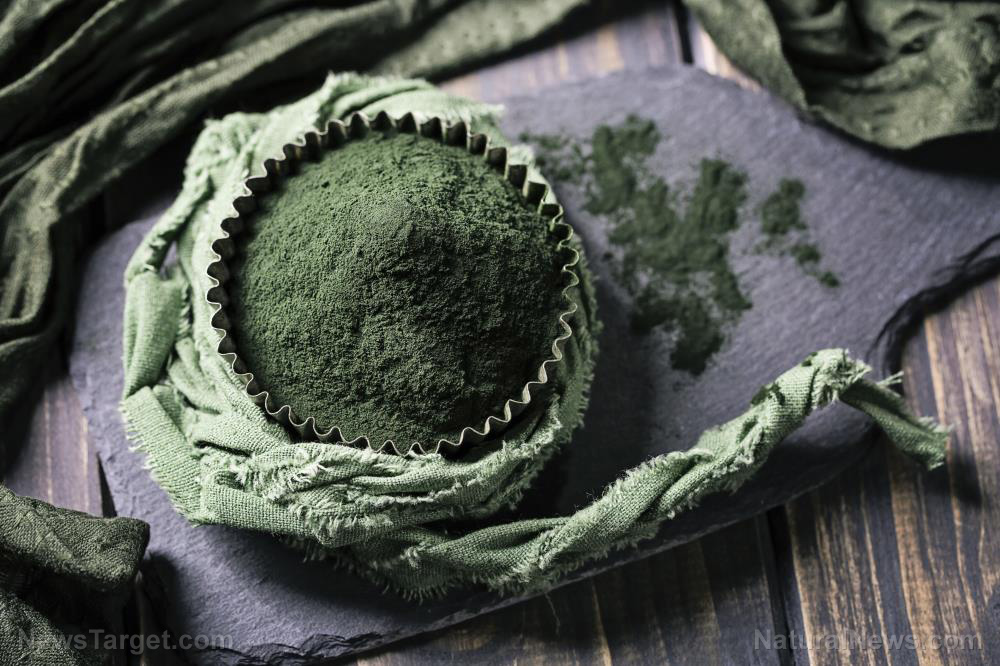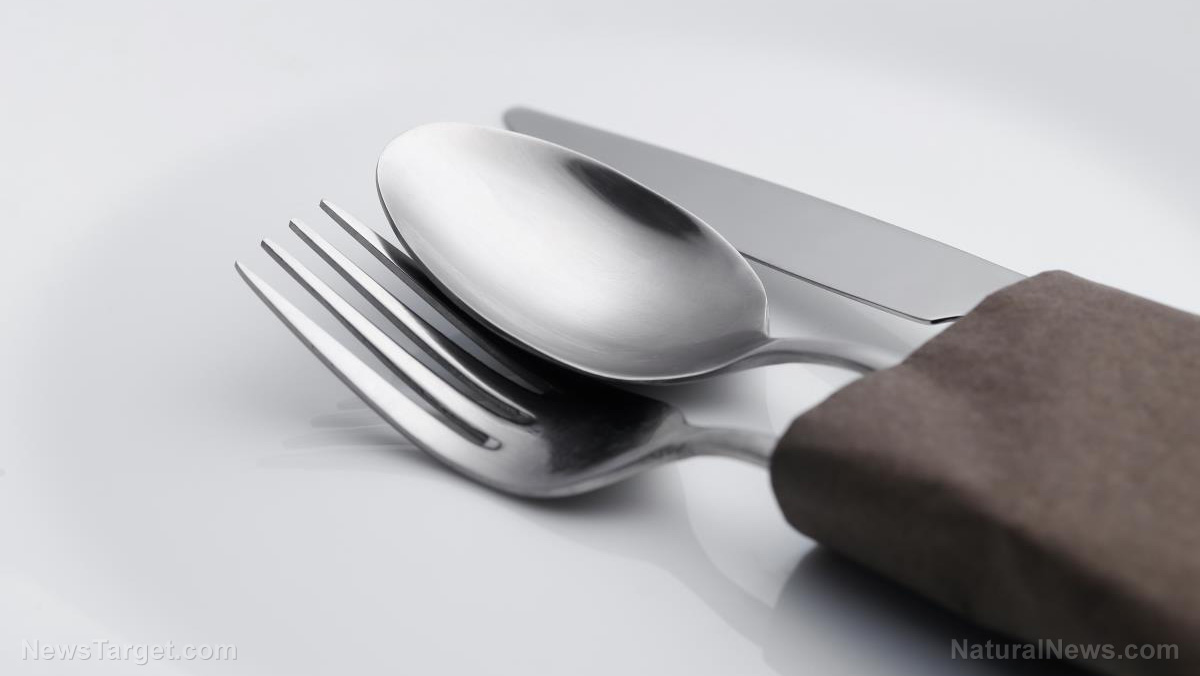Natural antiseptics to fight infections in a SHTF scenario
02/06/2018 / By Janine Acero

In any accident, be it minor like cuts and bruises or major ones such as burns, part of the treatment is preventing infection to spread further from the affected area, and antiseptics fulfill this role. Medical supplies sure are handy, but what happens when you’ve eventually run out?
Luckily, there are some ways to sterilize a wound using products right from your kitchen or medicine cabinet. Here are some natural antiseptics available to help heal wounds and prevent infection when you’ve finally run out of Betadine:
- Baking soda – Baking soda, or sodium bicarbonate, is a typical kitchen product with a wide range of uses and benefits, including being a mild antiseptic. Baking soda can prevent infection as it can kill some kinds of parasites, fungi, and mold.
- Cayenne pepper – This condiment is an excellent antiseptic for open wounds. Besides its antifungal and antibacterial activity, it also helps with blood clotting.
- Chamomile – This herb has powerful curative properties, and is a good antiseptic. Make some chamomile tea, then get a clean cloth to soak in the excess liquid from the tea bags. Apply the cloth directly on the wounded area for faster healing.
- Garlic – Garlic is a potent natural antiseptic used worldwide. First, rinse the wound with water, making sure that it has stopped bleeding altogether. Crush some fresh garlic and apply directly to the clean wound. Note that garlic can be damaging to the skin, so don’t leave it more than 25 minutes at a time.
- Lemon juice and lime juice – Citrus extracts are potent disinfectants for open wounds, ONLY if you can stand the intense pain that comes with the direct application. Lemon juice and lime juice are particularly powerful antiseptics that will kill off potentially harmful bacteria and will stop the bleeding. The juice’s acidic properties are effective against pathogens. You can also use lemon essential oil, which will also help minimize the appearance of scar tissue.
100% organic essential oil sets now available for your home and personal care, including Rosemary, Oregano, Eucalyptus, Tea Tree, Clary Sage and more, all 100% organic and laboratory tested for safety. A multitude of uses, from stress reduction to topical first aid. See the complete listing here, and help support this news site.
Essential oils also have antiseptic properties, besides their numerous health benefits. Some antiseptic essential oils include:
- Cinnamon essential oil – This oil has powerful antiseptic properties, useful in fighting infections like coughs, colds, and viral infections.
- Frankincense – Much like citronella (another antiseptic essential oil), frankincense is an effective insect repellent and excellent antiseptic, effective with bacterial and
fungal infections. - Lavender essential oil – Lavender oil has antiseptic activity, as well as antibiotic and antibacterial agents that make it an excellent addition to any prepper’s medicine cabinet.
- Spearmint oil – Apply some spearmint oil to any wound or ulceration for faster healing. Spearmint oil is also an excellent bug repellent.
- Tea tree oil – This essential oil is a popular choice to treat a variety of conditions. It has powerful antiseptic and disinfecting properties that kill off bacteria, fungi, and viruses.
Other essential oils that are perfect antiseptics include anise/aniseed oil, camphor essential oil, myrrh, oregano essential oil and sweet orange essential oil, to name a few. (Related: Essential oil from the bark of Mexico’s “paradise tree” found to have antimicrobial and antibacterial properties that support wound healing.)
Interestingly, POTATOES are also great for healing open wounds and preventing infections. Learn more about this tidbit and other natural antiseptics found in your home at NaturalCures.news.
Sources include:
Tagged Under: alternative treatments, Antibiotics, emergency medicine, essential oils, Herbs, home remedies, medicinal herbs, natural antiseptics, natural cures, natural medicine, off grid, preparedness, remedies, SHTF, survival, wound treatment




















